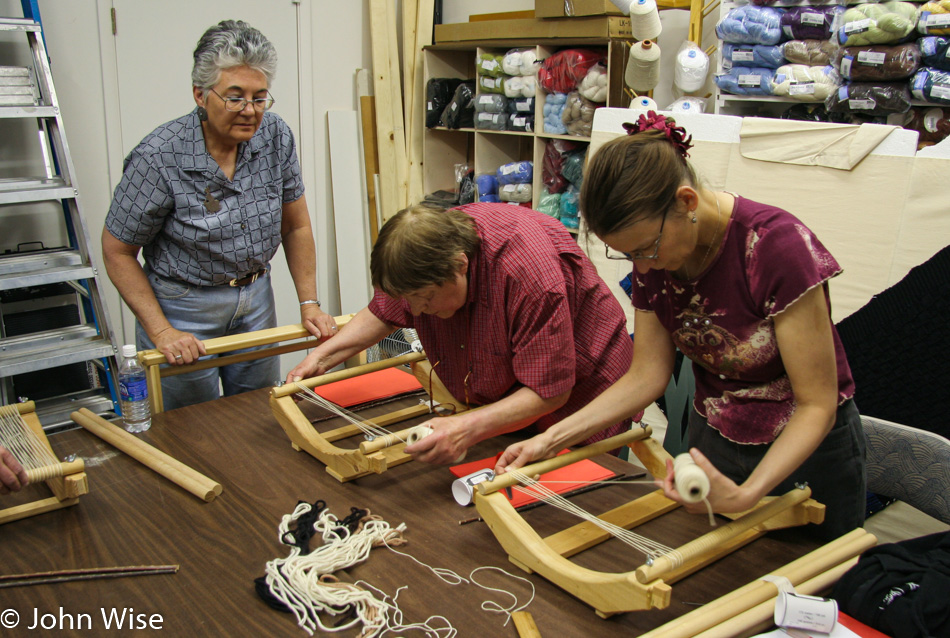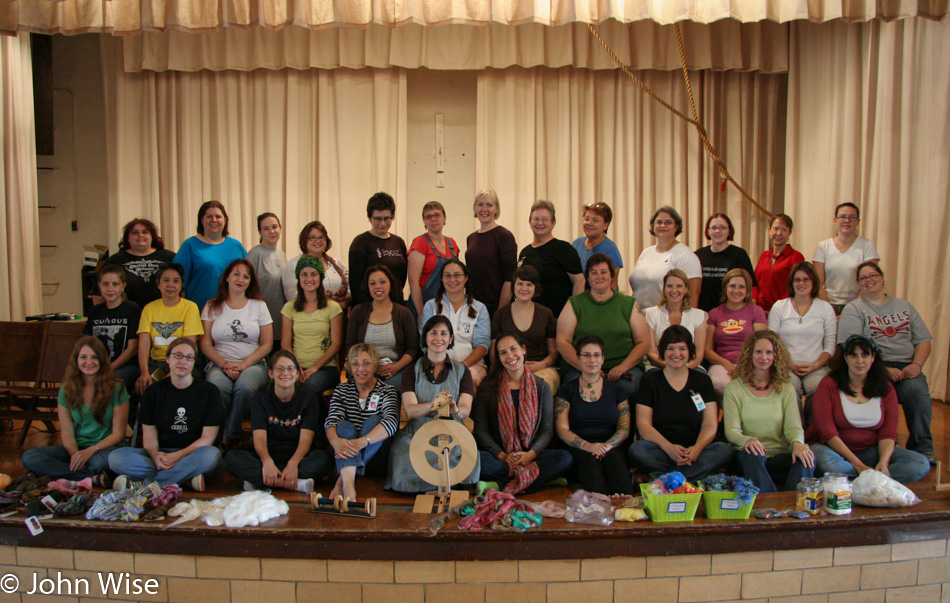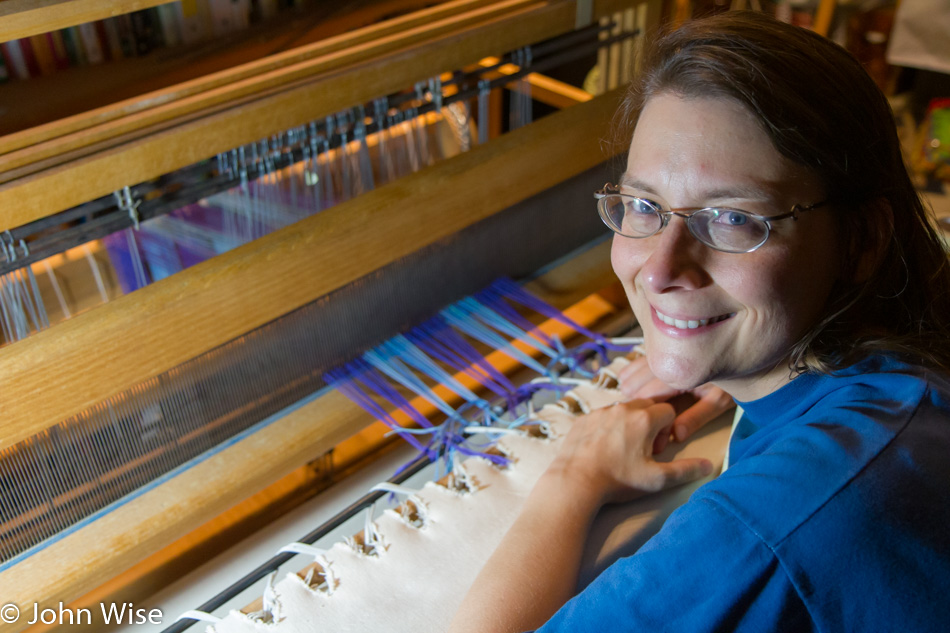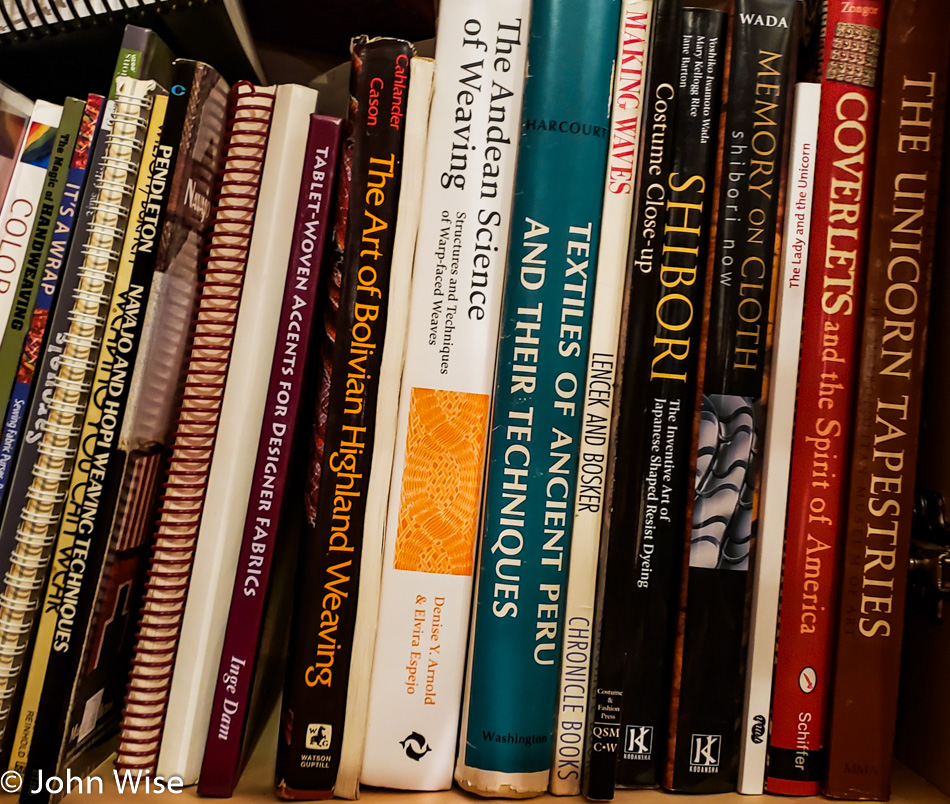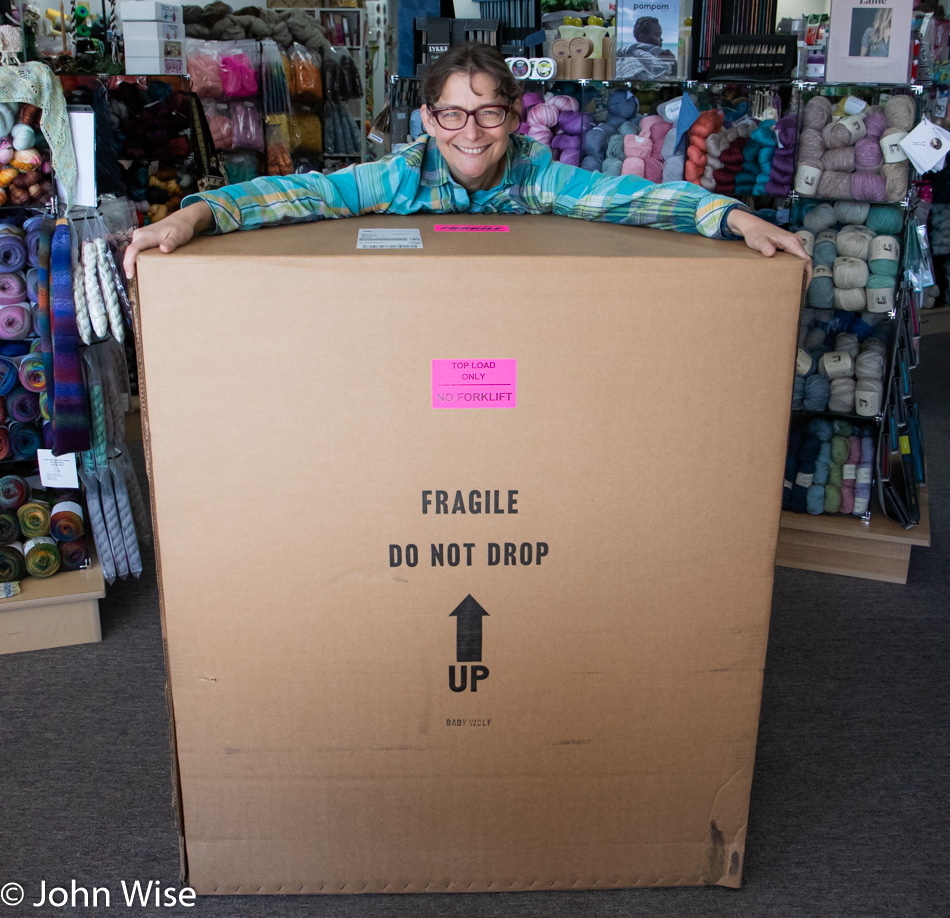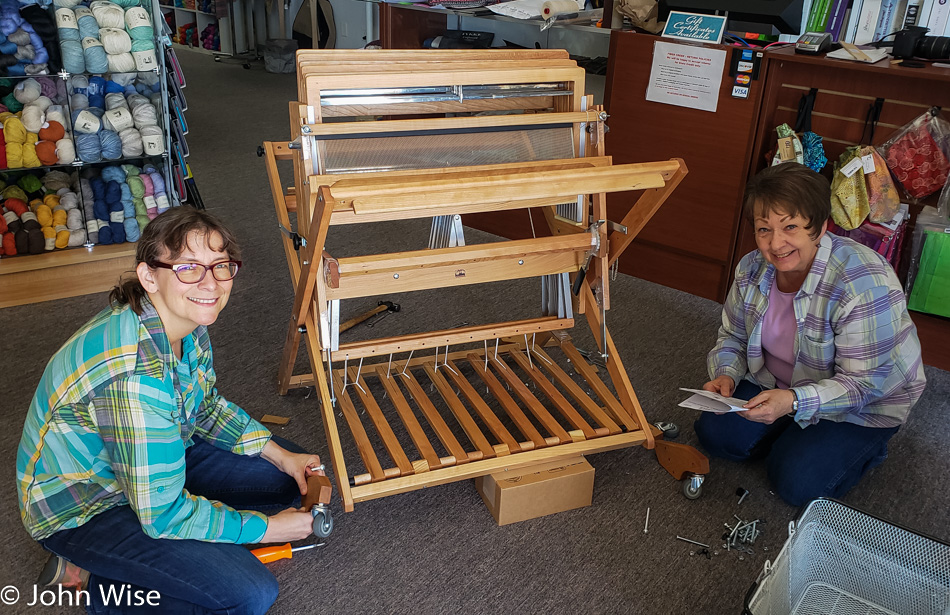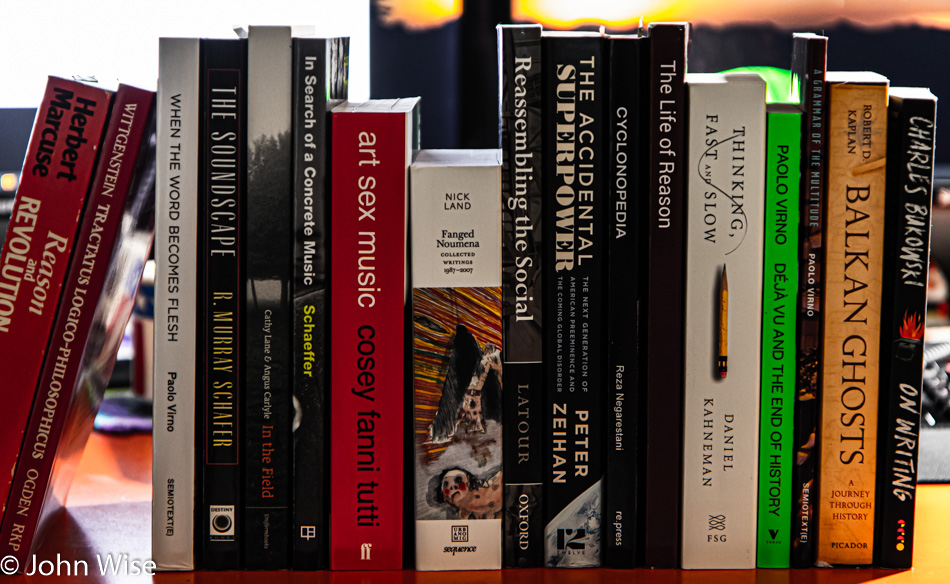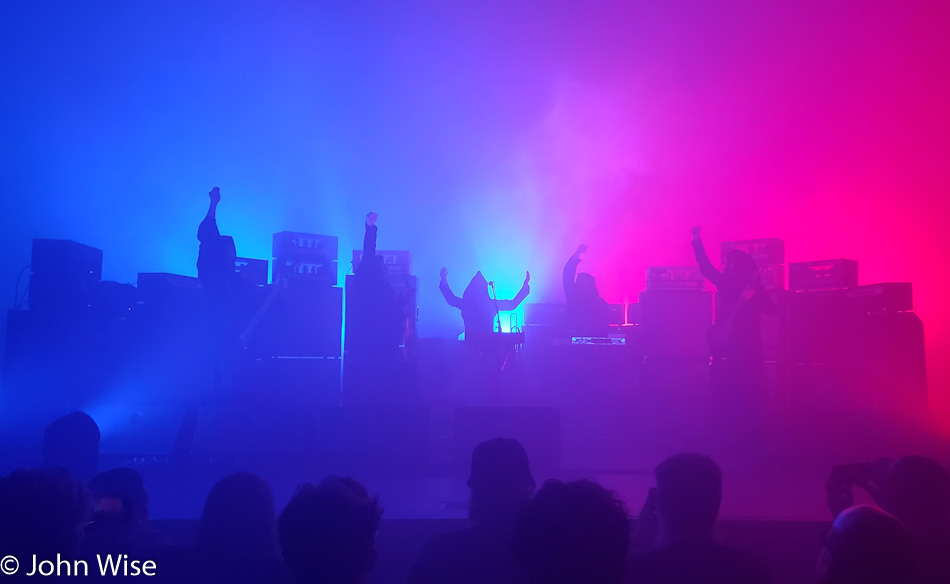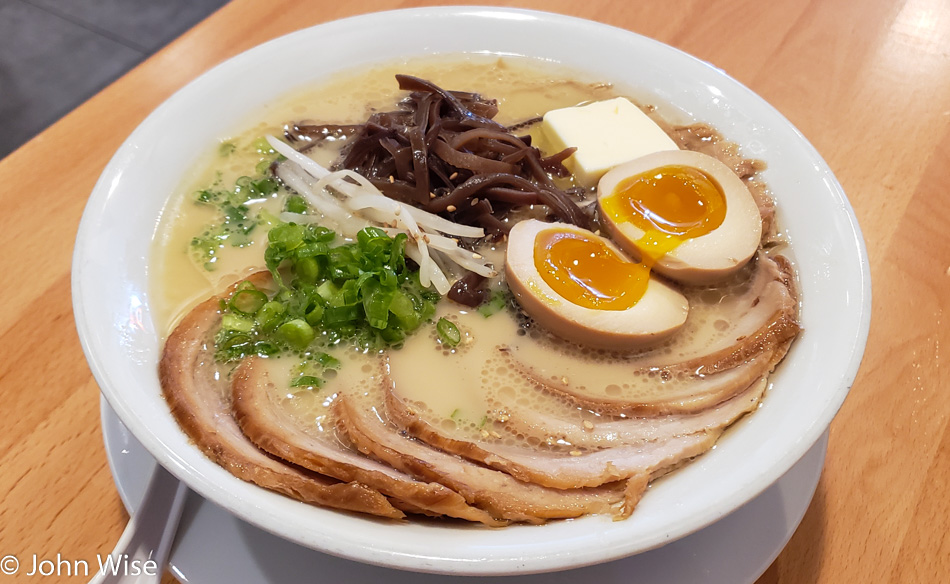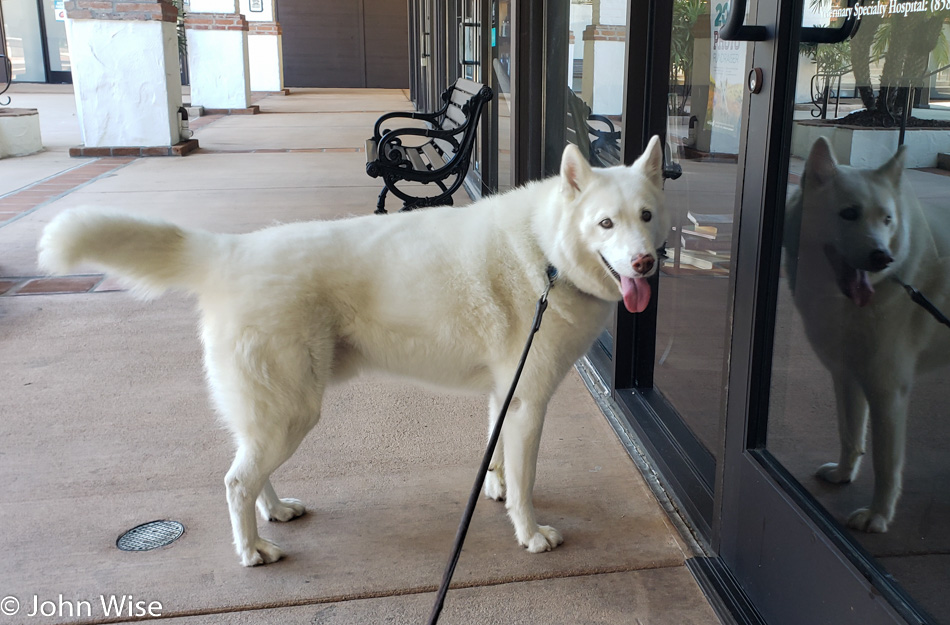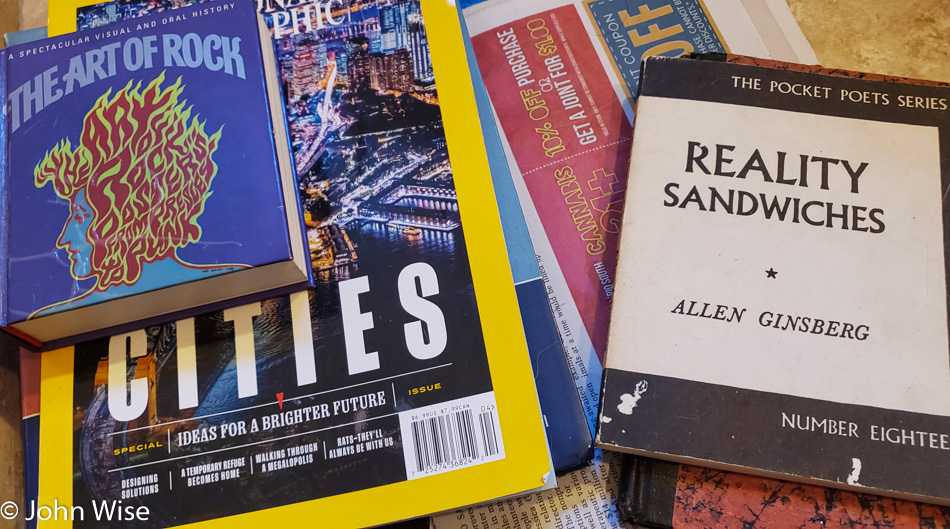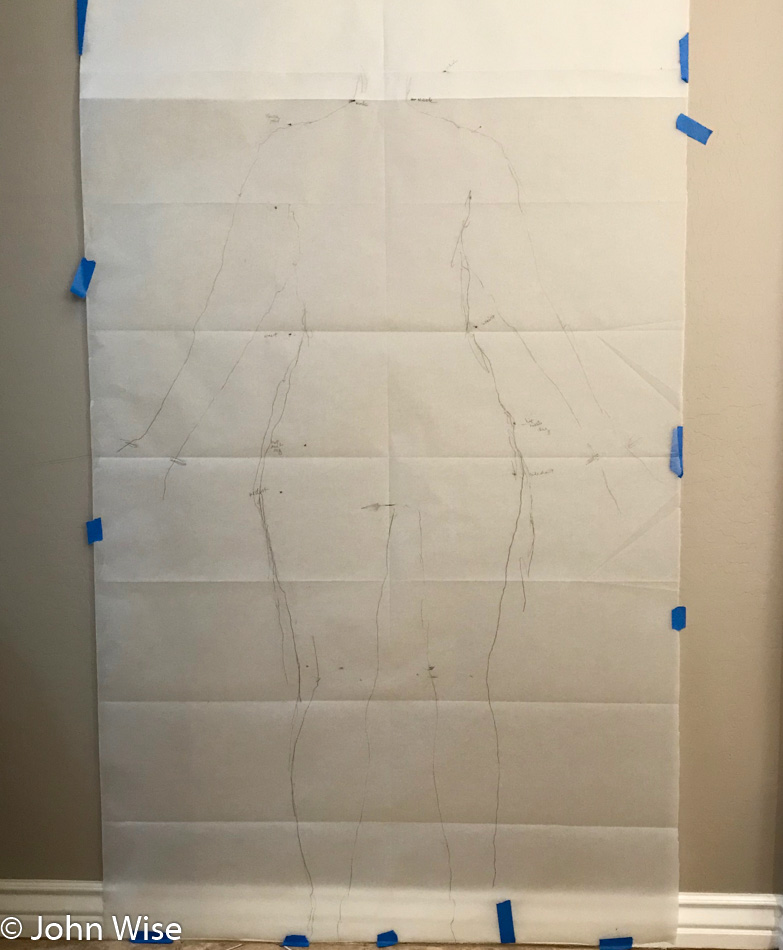
Insulin resistance sucks. Refined carbs and sugars suck, too, at this stage of my life. I’ve written here before that my diabetes was under control after making drastic changes to my diet and exercise. Earlier this year, I had an episode where I noticed some high glucose readings, but on a follow-up visit with my doctor and the requisite blood work, I learned my A1C or 90-day average reading of blood glucose level was still in the acceptable range where I didn’t require insulin.
So, knowing how much I’d reintegrated certain foods back into my diet, I pushed things further this summer and made the huge mistake of not checking my blood sugar, not even once a week. Back at my doctor last week and new blood work analyzed, I came to learn this Monday that I’ve skyrocketed my A1C up over 9%. I was diagnosed a few years ago with an 11.3% A1C, so with numbers below 7% being in the normal range, I was halfway back to the incredibly ugly level that shook me and forced a dramatic lifestyle change.
I’m well aware of what works to combat my diabetes and must admit that the convenience of ignoring things will not afford me a free pass in escaping the clutches of this horrible disease. So, an even more drastic approach is needed, so I might finally put this behind me.
My plan went into effect the minute I got my results. I launched into walking. Going out to eat is not going to happen, at least for the next month. Yanking flour, potatoes, rice, and sugar from my diet after my initial diagnosis was sufficient to help me lose weight and drop my blood sugar. This time, my approach is to continue to eliminate those violators of my health but to also drop my caloric intake to roughly 1,300 calories a day. I’m upping my step count from 10,000 a day to a minimum of 15,000 a day. Finally, I’m adding one fasting day a week.
I have less than 40 pounds to lose to get me under 200, and I’m confident that I will get there in the next 18 to 24 months. Okay, that’s my realistic guesstimate, but my gut is screaming at me to make it faster, as dealing with the complications that could arise from my diabetes is a nagging dagger. Complacency is comfortable in ways, but I thus become my own worst enemy, and I’m loathe to let diabetes destroy me.
